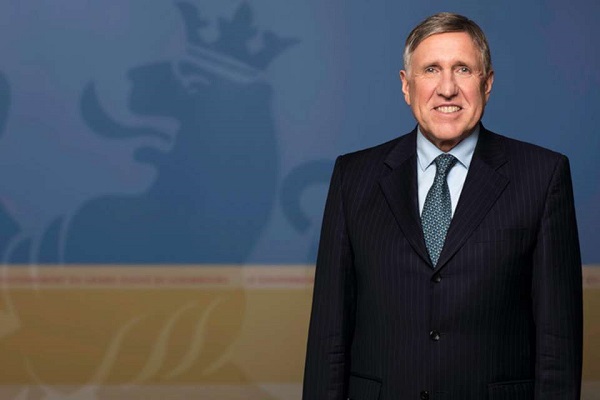 François Bausch, Deputy Prime Minister and Minister for Mobility and Public Works;
Credit: Gouvernement.lu
François Bausch, Deputy Prime Minister and Minister for Mobility and Public Works;
Credit: Gouvernement.lu
Luxembourg's Deputy Prime Minister and Minister for Mobility and Public Works, François Bausch, has responded to comments made by the House of Automobile (HOA) regarding the introduction of the World Harmonised Light-duty Vehicles Test Procedure (WLTP).
In response to criticisms made at a press conference on Wednesday by the HOA regarding the WLTP, François Bausch has issued a public statement aimed at clarifying certain allegations which he has described as "purely gratuitous and devoid of any basis".
Firstly, Minister Bausch expressed dismay at certain remarks in the press which allegedly referred to the introduction of the WLTP as breaking promises or forcing through this reform. In this context, the Mobility Minister recalled that the European regulation establishing the new standard has been in force since 2017 and that, since then, the sector has been fully aware of the facts. He added that, since 2018, the terms of this regulation have been discussed many times during joint meetings between the ministry and those responsible for the automotive sector.
François Bausch thus maintained that a reasonable transition period had been allocated (fixed at 1 January 2020) to allow Luxembourg distributors sufficient time to prepare themselves and inform their customers. He added that he had agreed to extend the transitional period deadline to 1 March 2010 in October, in response to requests made by the HOA the previous month.
Moreover, Minister Bausch expressed shock in his statement with regard to the words of the HOA coordinator, who reportedly claimed at Wednesday's press conference that the consumer "would be the one who would pay the costs of a higher car tax". On the contrary, according to Luxembourg's Minister of Mobility, an informed consumer will have the opportunity to choose a low-emission vehicle determined by the new WLTP test cycle, to obtain a more advantageous tax on the motor vehicle and to know the actual fuel costs which he/she will face.
As for the assumption relating to company vehicles registered in the name of a legal person and used for private purposes by a natural person (employees), François Bausch specified that 60% of vehicles registered in 2020, for which the employee can benefit from the value of emissions determined according to the New European Driving Cycle (NEDC) for the calculation of benefits in kind, could indeed end up in the highest tax bracket from 2021. However, he added that the number of vehicles in the higher tax bracket is likely to fall since those concerned are aware of the new conditions. In addition, on all company vehicles, this change to the highest tax bracket for calculating the benefit in kind is limited to approximately 15% on all company vehicles registered in Luxembourg from 1 January 2021.
In his statement, Minister Bausch concluded that: "In short, transparency and the obligation to inform the consumer are essential. It would be a shame to see a Luxembourg automotive sector violate it".








